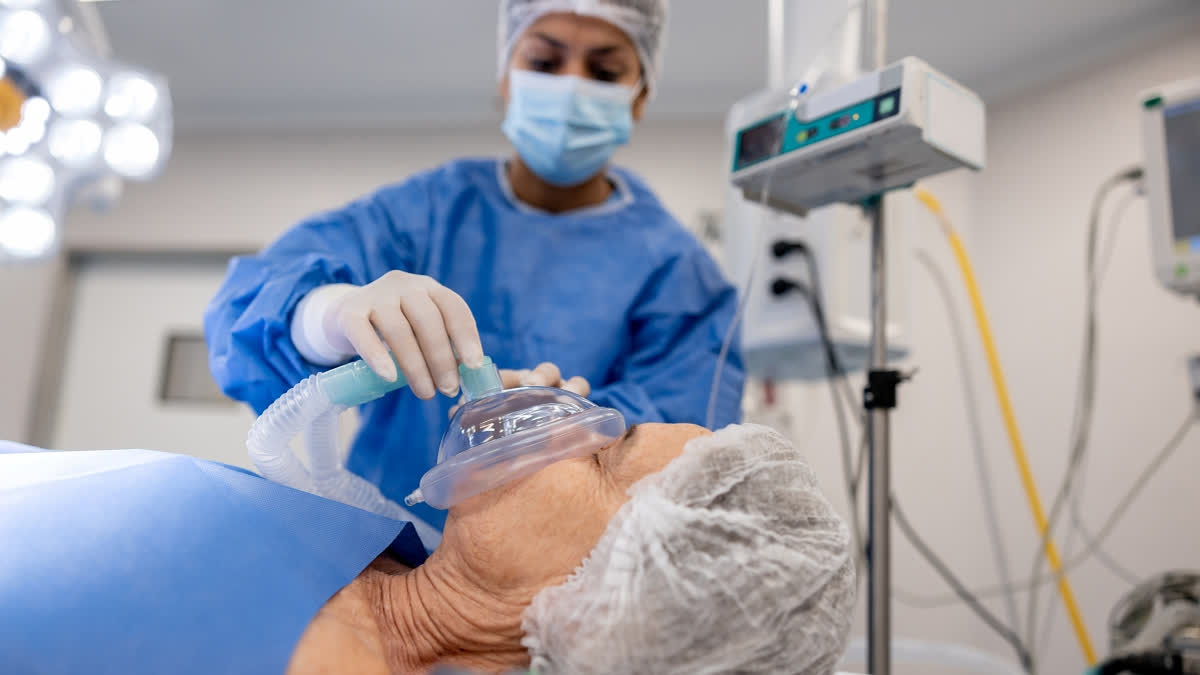Anesthesia is one of the greatest medical discoveries, making surgeries possible without the unbearable pain that once accompanied them—often leading to death. Before anesthesia, surgery was either unimaginable or performed at an excruciating cost. Today, approximately 65,000 patients undergo various types of surgeries daily, thanks to these pain-relieving drugs. Anesthesia effectively numbs sensations or induces unconsciousness, allowing for painless medical procedures.
However, the idea of numbing your body or senses can cause anxiety, making some feel sceptical about the process, potential side effects, or the possibility of feeling pain. Despite these concerns, there’s no doubt that anesthesia has revolutionized healthcare, enabling millions to receive treatments that lead to longer, healthier lives. While most are familiar with the term, many interesting facts about anesthesia may surprise you.
Types of Anesthesia
It’s essential to understand its different types (Getty Images) Before getting to know more about the interesting aspects of anesthesia, it’s essential to understand its different types:
General Anesthesia: This type suppresses the central nervous system, resulting in total unconsciousness and a lack of sensation. It can be administered through injected or inhaled drugs.
Local Anesthesia: A short-term numbing solution for small areas of the body, often used for procedures like tooth extractions or stitching wounds. It can be injected or applied topically.
Regional Anesthesia: Involves injecting a local anesthetic near the nerves to numb a larger area, such as the arm, leg, or lower body. Commonly used for surgeries in these areas.
Surprising Facts About Anesthesia
Redheads May Require More Anesthesia
Studies published in Anesthesiology have shown that people with red hair, particularly women, require up to 20% more anesthesia to achieve the same sedation level as those with darker hair. The presence of the gene MC1R, responsible for red hair, also affects how their bodies respond to anesthesia. Interestingly, the same group may require less morphine for pain relief.
Waking Up During Surgery: A Common Fear
Many patients fear waking up during surgery, worrying that anesthesia may wear off mid-procedure. In reality, this is extremely rare, occurring in only 1 or 2 out of every 1,000 surgeries involving general anesthesia. These brief awakenings usually result in no pain. Anesthesia is typically administered continuously via inhalation, and patients are only awakened when the anesthesiologist stops the drug flow.
Not all types of anesthesia induce sleep or complete unconsciousness. (Getty Images) Anesthesia Doesn't Always Put You to Sleep
Not all types of anesthesia induce sleep or complete unconsciousness. Different forms of anesthesia affect the body in various ways:
Local Anesthesia: Numb a small, specific area without affecting consciousness.
General Anesthesia is Used for major operations, rendering the patient unconscious and immobile.
Regional Anesthesia: Numbs a larger area but keeps the patient fully conscious and able to communicate. For example, an epidural given during childbirth blocks pain but allows the patient to remain awake.
Can Anesthesia Cause Amnesia?
Yes, anesthesia not only dulls pain but also activates memory-loss receptors in the brain, ensuring that patients have no recollection of the surgery. While this effect is temporary and doesn’t cause long-term memory loss, it helps prevent any traumatic memories of the procedure.
Smokers May Need More Anesthesia
Smokers often have irritated airways, which may increase their need for higher doses of anesthesia. A 2015 study found that 33% of women who smoke require more anesthesia during surgery compared to nonsmokers, likely due to the increased tolerance needed for breathing tubes.
